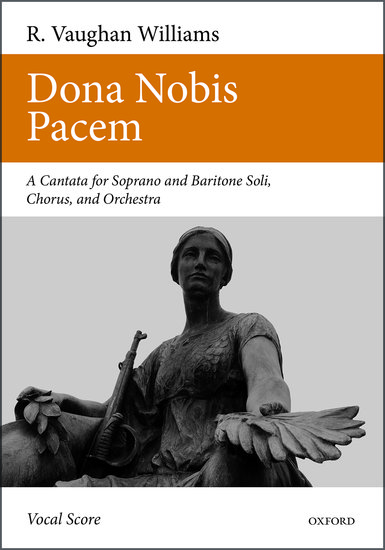Female artists and politics in the civil rights movement
In the battle for equal rights, many Americans who supported the civil rights movement did not march or publicly protest. They instead engaged with the debates of the day through art and culture. Ruth Feldstein, author of How it Feels to Be Free: Black Women Entertainers and the Civil Rights Movement, joined us in our New York offices to discuss the ways in which culture became a battleground and to share the stories of the female performers who played important but sometimes subtle roles in the civil rights movement.








